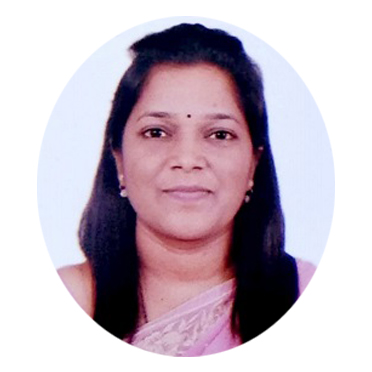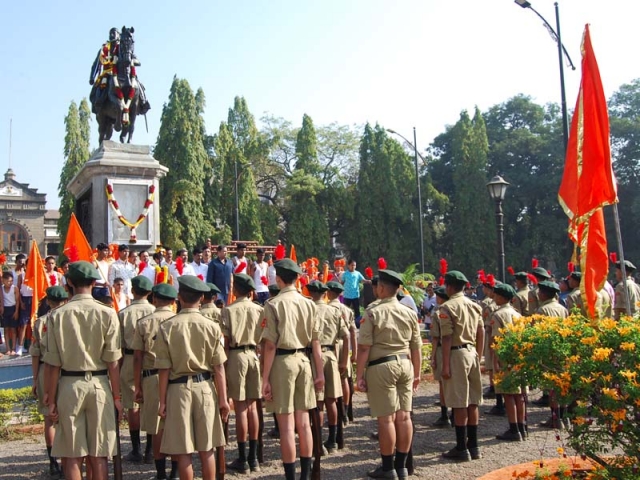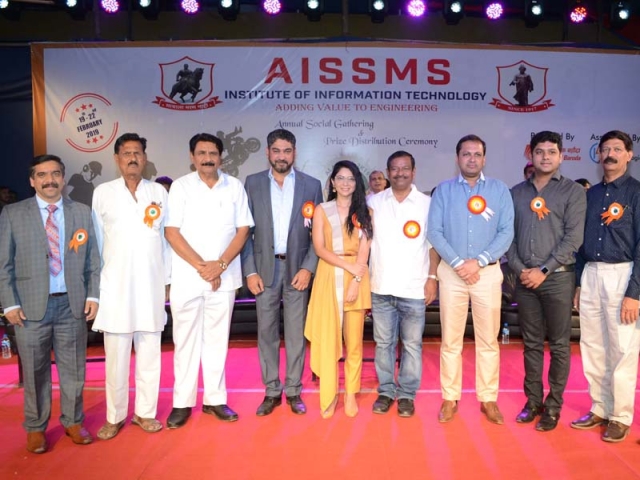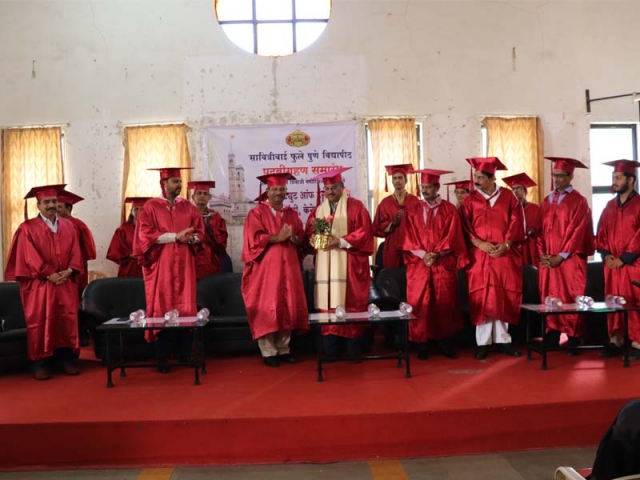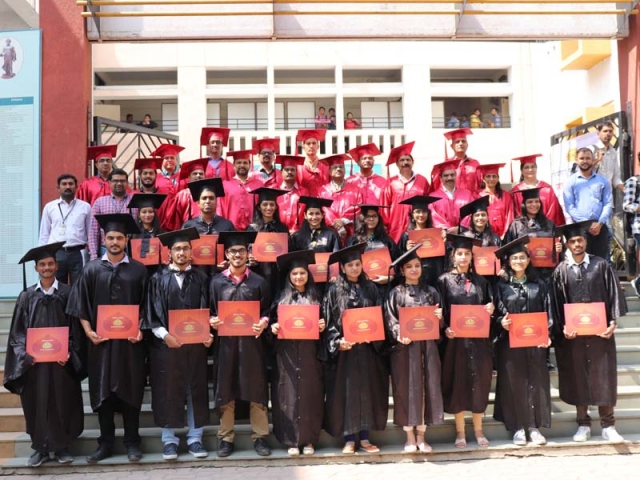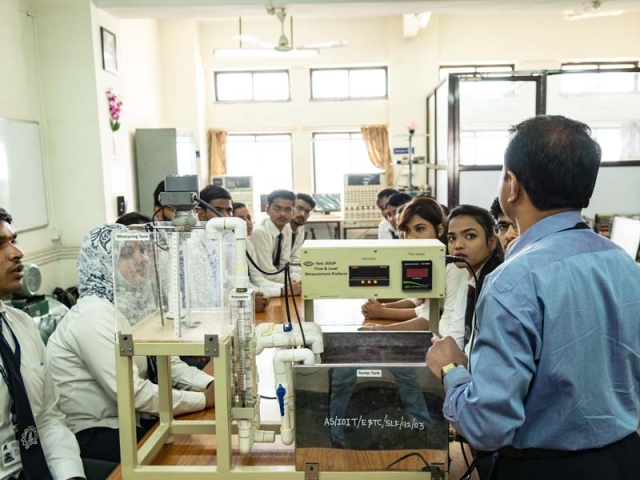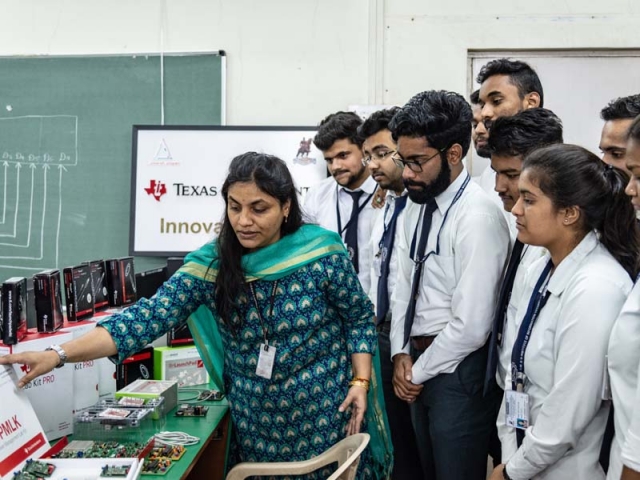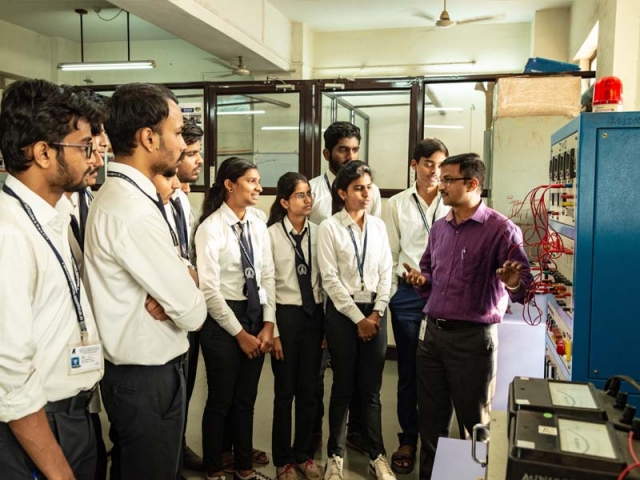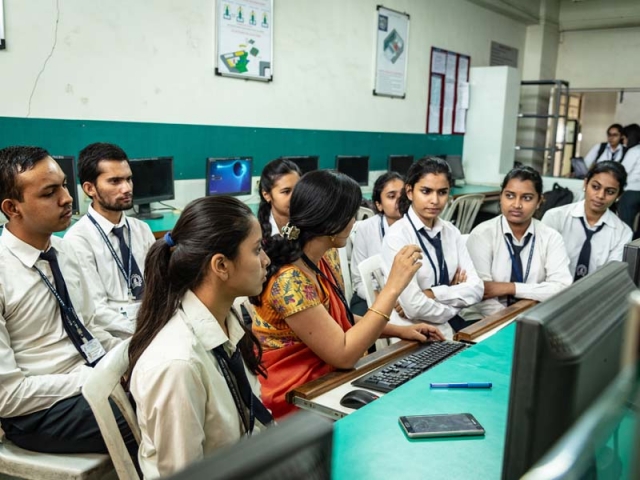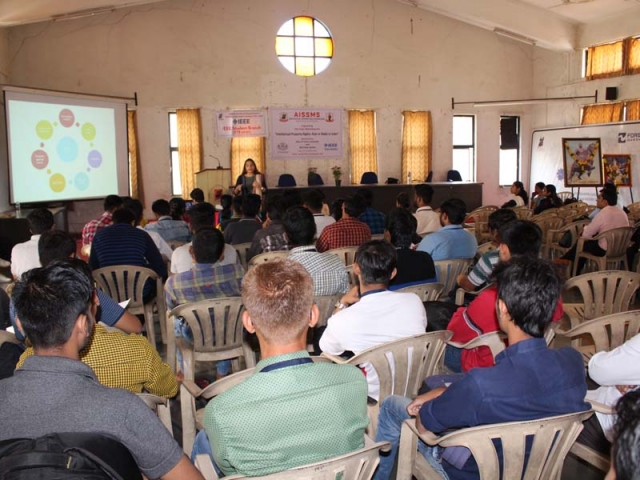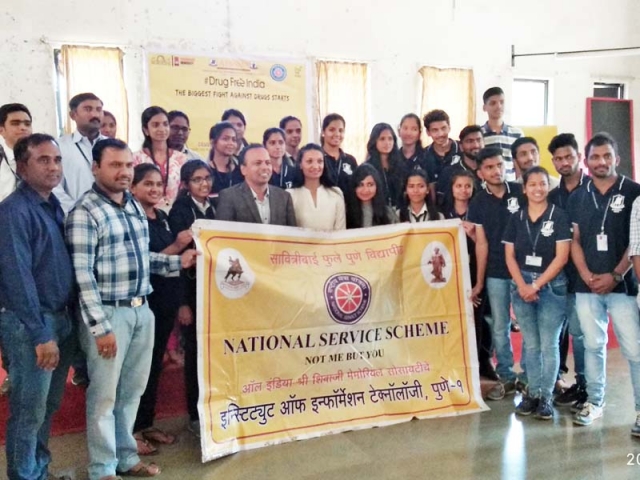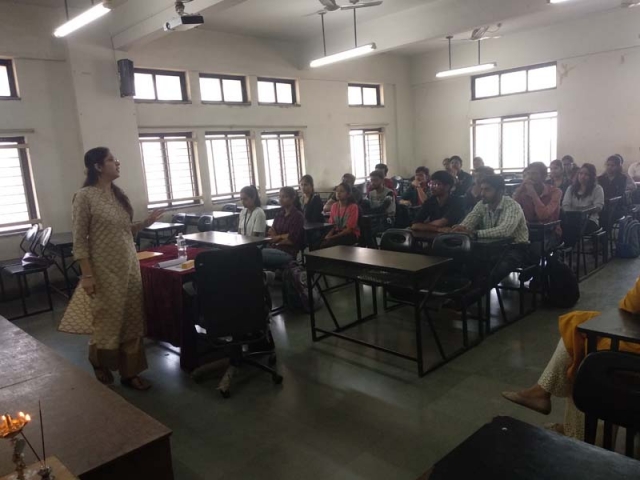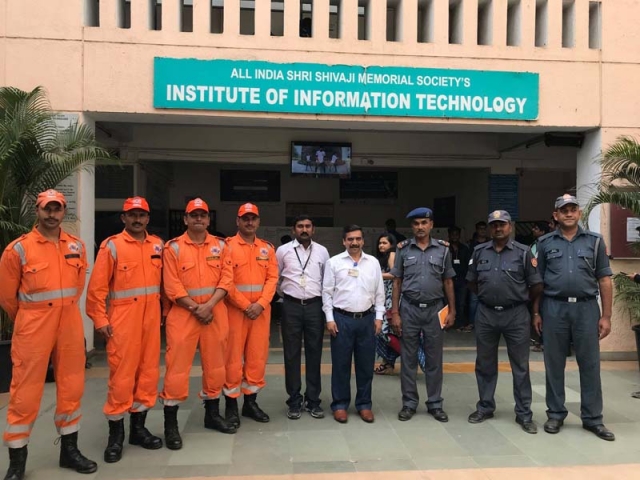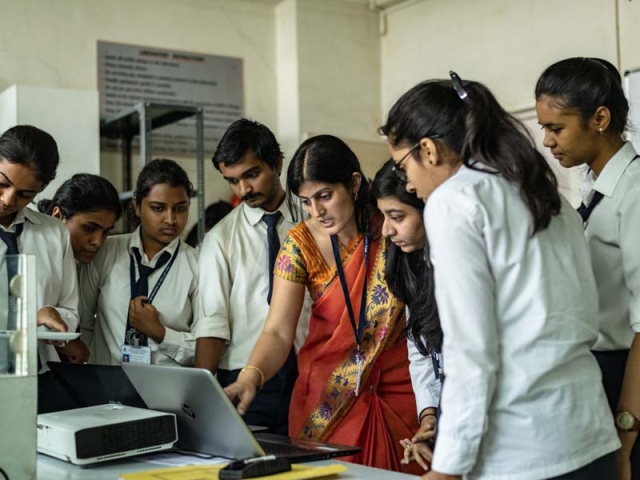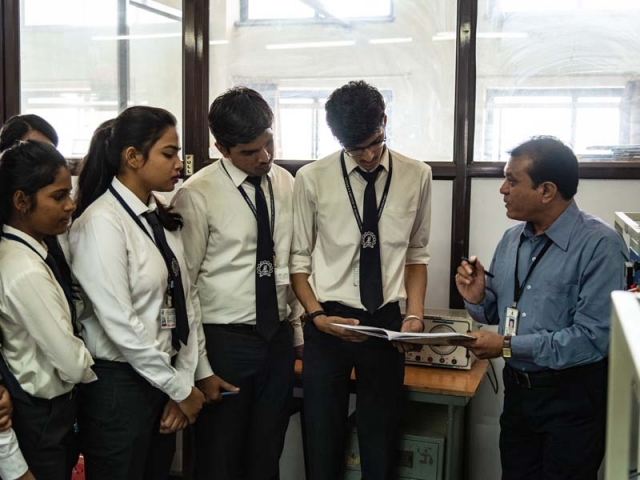Dr. Dipali R. Shende
Head Of the Department
Instrumentation Engineering
AISSMS’s, IOIT, Pune
Automation is the latest trend in all the industries. We can’t think of any industry without automation. Automation is an Instrumentation Engineer’s core job. Instrumentation engineering is focused on the principle and operation of measuring instruments.
Instrumentation engineers work to improve the productivity, stability, safety, reliability of industries with automated processes. They are responsible for calibration, testing and maintenance of the system. They are also responsible to control the parameters of the system by using different controllers.
This branch is multi-disciplinary & includes the subjects of various branches such as electrical, electronics, chemical, mechanical, production, biomedical and computers. Working of these Engineers is very domain dependent. Every domain expert has different concerns. For example, a Biomedical Instrumentation expert has very different concerns than a Process Instrumentation expert or rocket Instrumentation expert. Common factors between them are the selection of appropriate sensors. These Engineers normally work on Programmable Logic Controller (PLC) and Distributed Control System (DCS).
Engineers are responsible for integrating the sensors they specialize in troubleshooting, repairing,designing, developing, installing, managing and maintaining instruments and instrumentation systems.
Career Opportunities for Instrumentation Engineer: in India and Abroad
Instrumentation Engineer can work for Public/Private firms, R&D sectors, Steel plants, Cement companies, Thermal power plants, Nuclear power plants, refinery sectors, Chemical companies and similar industries like DRDO, ISRO, IOC, BARC, NTPC, Railways, BSNL, and HAL.
Few Companies that hire Instrumentation Engineers are Emerson, Honeywell, National Instruments, ABB, Larsen & Toubro, Robert Bosch, Invensys, GE , Zentek, Suzlon Apna Technologies, ESSAR, BHEL, GAIL and IOCL, Reliance, Siemens, TCS, General Electric, Texas Instruments, Bechtel, Fluor Daniel, Yokogawa, Orange, LG, SAMSUNG, SONY, SANSUI, Whirlpool, semiconductor manufacturing industries etc.
Apart from core companies, as these Engineers have knowledge of basic computer languages like C, C++, SQL etc, they can work with software and hardware companies, too.
Compared to India, Instrumentation Engineer has wide scope in other countries like Europe, USA, UK and Canada. They have more opportunities in research, design and development of control systems.
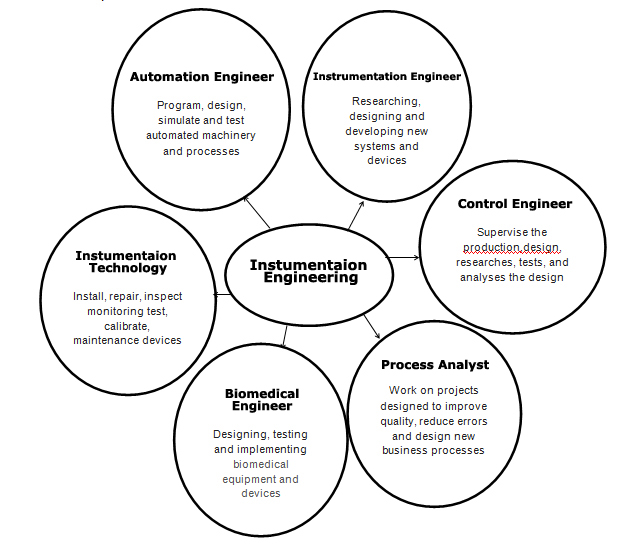
Emerging Technologies in Instrumentation:
With the conventional techniques such as optimal control, robust control, adaptive control and predictive control, following are the emerging technologies in Instrumentation according to the Techrepublic report:
- Virtual Instrumentation
- Robotics
- Big Data Science
- Machine Learning (ML)
- Artificial Intelligence (AI)
- Internet of Things (IoT)
- Biometrics
- Virtual reality (VR)/Augmented reality (AR)
- Drones
Higher Education:
After completion of Bachelors in Instrumentation, one can also go for M.Tech/MS in various specializations. For post graduate degree courses candidates need to have a GATE/GRE score. However, candidates having good performance in their qualifying degree may be offered direct admission in some institutes. The IITs and NITs are among the top premier institutes that offer M.Tech courses in Instrumentation Engineering.
After PG one can also do Ph.D. in Instrumentation specialized domain.
